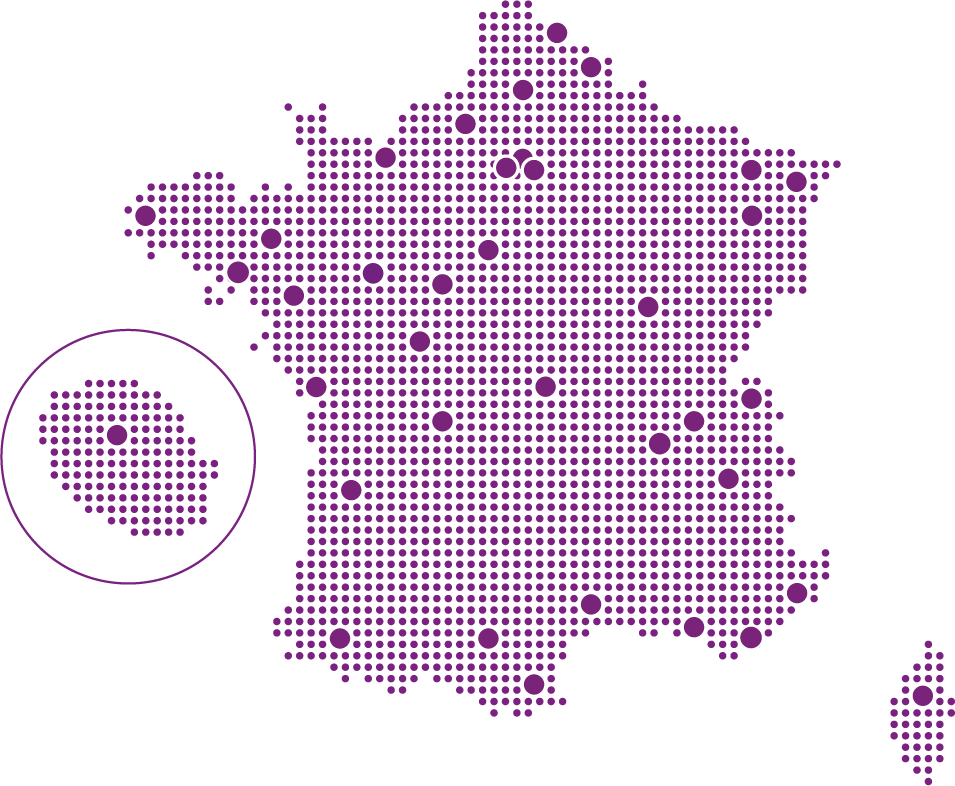For more informations about visas, accomodation, social security, health or budget.
IAE, the French Public reference for management
The role of IAEs is to develop research and higher education in business and management within French universities.
IAE FRANCE represents one of the largest French communities in the business and management sciences.
IAEs constitute public spaces that manage to combine equal opportunities and social mobility, in a competitive environment.
Since their creation, IAEs have awarded diplomas to more than 500,000 managers, executives and engineers.
With 37 schools across the country, IAE FRANCE has been building a network of schools with management expertise for more than 60 years.
IAE FRANCE International outreach
To promote the internationalisation of IAE courses and the mobility of students, IAE FRANCE conducts a range of actions.
IAE FRANCE wishes to support IAEs in their international accreditation procedures by offering them additional visibility through its investment in several international networks.
Research guarantees the quality of teaching because it allows teachers to deepen theories, paving the way for the evolution of teaching itself.
Wishing to institutionalize the relations between research and organizations, some IAE have created research chairs.













